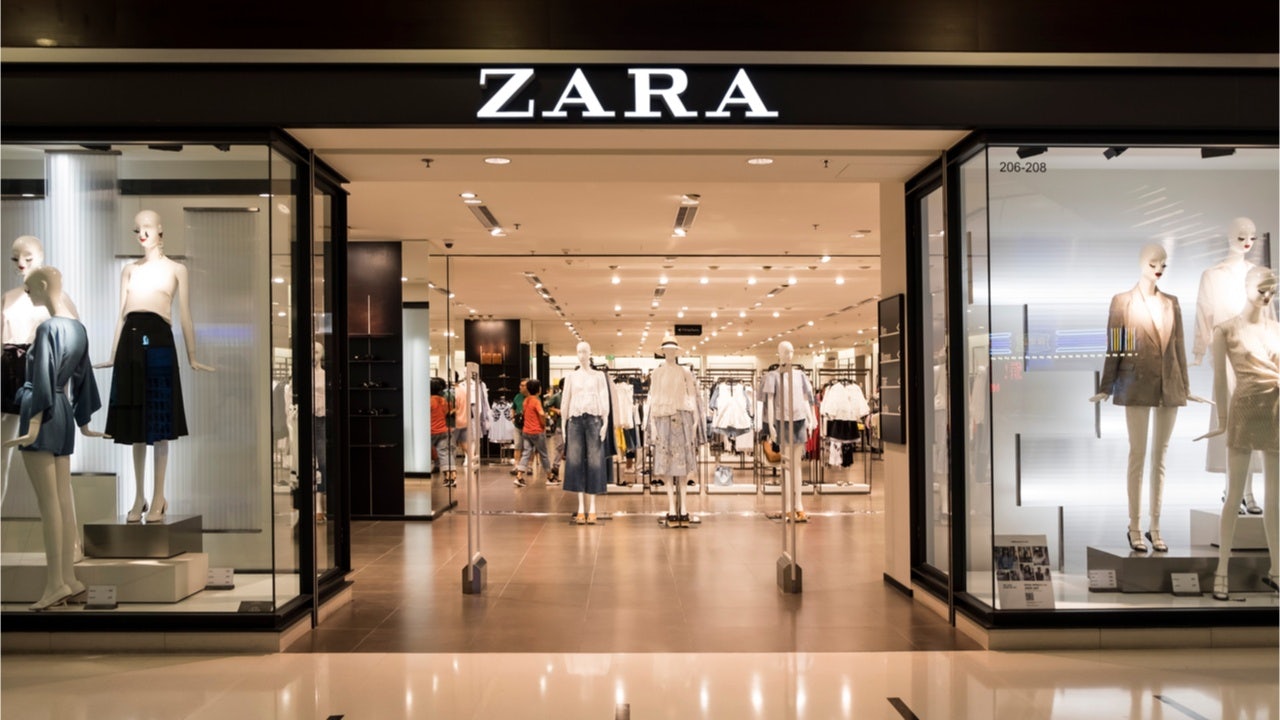Recently, Jing Daily looked at how China was pressuring foreign brands to apologize for perceived slights against its territorial integrity and/or for support for Hong Kong protestors — a trend that has already affected the likes of Givenchy, Coach, and Calvin Klein. As we pointed out, Beijing indicated via the Global Times that netizens would not just come after brands for recent “indiscretions” but also past ones.
This week, Spanish fashion giant Inditex — the world’s largest retailer, selling in 200 markets via its online platform and 96 markets through 7,400 brick-and-mortar stores — was the latest foreign company to succumb to Beijing’s pressure, issuing a public apology to distance itself from the Hong Kong protests and ensure its business won’t be frozen out in China.
As noted, this came on the heels of the unprecedented pressure China put on Cathay Pacific to publicly apologize for staff that were involved with the Hong Kong protests, which eventually led to the resignation of the company’s CEO and sent a message to the world that business will have to recognize the “one-China” policy or be punished. The world was waiting to see how long it would take for the Mainland to apply its brute influence across foreign businesses operating in China, and the response was fast.
On September 2, the Inditex-owned fast-fashion brand ZARA closed some of its stores in Hong Kong. As Business of Fashion reported, “A company representative who answered ZARA’s Hong Kong hotline on Tuesday confirmed that all of its stores on Hong Kong island were shut Monday, except one, but declined to give a reason for the closures.” According to the BBC, however, ZARA only closed some of its stores temporarily due to transportation delays that caused employees to run late.
Although it hasn’t been unusual for stores to close or change operating hours during the Hong Kong protests due to unsafe working conditions, staff taking leave to participate in demonstrations, or lack of customer turn-out, the Global Times nevertheless took the opportunity to call out the fashion giant. Widely recognized as the noisy mouthpiece of the Communist Party of China, the paper published an editorial piece on September 1, entitled, Zara faces Chinese boycott after suspected support for the strike in HK, which accused ZARA — with zero evidence — of closing its stores in support of the Hong Kong protests.
Another opinion piece, published on September 3, stated, “ZARA caused resentment among netizens on the Chinese mainland last year when it marked Hong Kong, Macao, and Taiwan as countries. It's easy to associate these two things this time. And if there's any chance that the last incident was an oversight, the closure of some Zara stores in Hong Kong on Monday can only be seen as deliberate. Zara needs to make a solemn explanation and correct some of its practices to give a serious explanation to the people who love Hong Kong and the mainland. The events in Hong Kong now draw a lot of attention from Chinese society as a whole. The public will not accept the Zara store's move in Hong Kong. ZARA should not make serious misjudgments.”
The fashion brand did not waste any time in responding to the direct claims with a statement issued on their Weibo that read, “ZARA supports the integrity of the territorial sovereignty of the People's Republic of China and has consistently supported the one country, two systems [policy]. ZARA has never supported strikes and has never published any statements related to this or any actions related to it.”
Issued on September 2, the statement quickly became a trending topic on Weibo and has been viewed over 170 million times since its publication. But this may not be enough to satisfy netizens who were angered by the Global Times or Weibo bots. ZARA will most likely work hard to keep its head down in China for the next several months and try to minimize the possibility of the kind of drawn-out semi-boycott that has hit other brands.
In general, though, this is a bold move by China based on a misunderstanding — and stoked by online mobs — that may indicate to major foreign retailers that Beijing expects more influence on private business and expects loyalty to its political worldview. It will be interesting to see how these issues play out for fast-fashion retailers like ZARA or other major luxury brands in both the short and long term.

